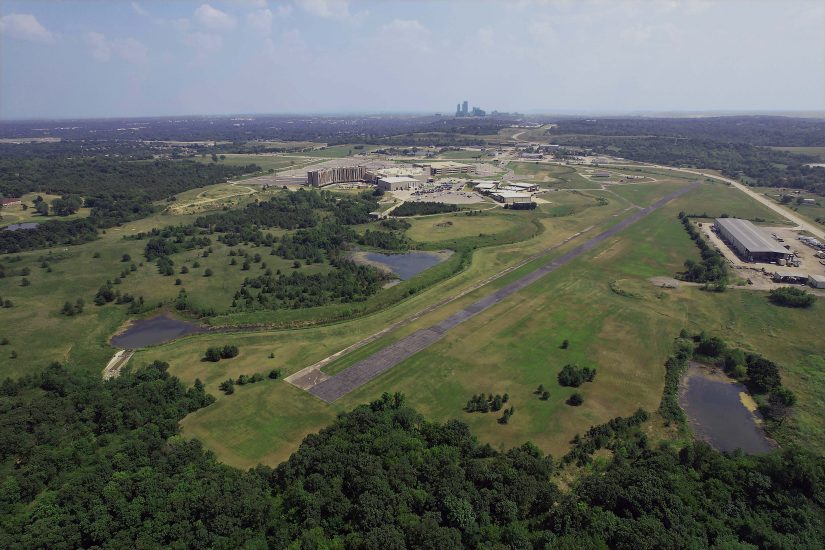Federal funding from the United States government, announced on July 2, will support Tulsa’s drone research and testing infrastructure, including the region’s Osage Nation’s-based Skyway 36. The Skyway36 Droneport is the primary access point to Skyway Range, the Beyond-Visual-Line-of-Sight uncrewed flight test range of 1,200 square miles built in partnership with Osage LLC, Oklahoma State University and Tulsa Innovation Labs.
The Biden-Harris administration and the US Economic Development Administration (EDA) awarded approximately USD51 million to the Tulsa Hub for Equitable and Trustworthy Autonomy (THETA) – a consortium led by Tulsa Innovation Labs – to strengthen the region’s capacity in autonomous systems including uncrewed aerial systems (UAS) development and deployment. Tulsa is one of 12 Tech Hubs awarded funding out of the 31 regions to receive “Tech Hub” designations in 2023.
Tulsa will leverage this award to support six autonomous technology projects that include coordination on commercialisation strategies among universities and the startups they support; building a testing and simulation environment; developing programmes to identify opportunities for autonomous system supply chains; creating an AI centre of excellence; and establishing governance structures to execute projects, pursue additional funding and drive the Tech Hub’s strategy.
THETA was co-led by a steering committing including Black Tech Street, Cherokee Nation Businesses, L3Harris Aeromet, Madison Strategies Group, NORDAM, Oklahoma State University, Osage LLC, PartnerTulsa, Radius Capital, The University of Tulsa, Tulsa Community College and Tulsa Economic Development Corporation.
“Osage LLC’s commitment to the growth and success of the region is evident through our track record of successful collaboration with several THETA partners and our development at Skyway 36,” said Russell Goff, chief executive officer of Osage LLC, an economic development engine of the Osage Nation. “We’re thrilled to continue this important work through THETA’s SAFE-T project, which will create additional research and development opportunities, further increasing the attractiveness of our region to drone and autonomous systems companies.”




